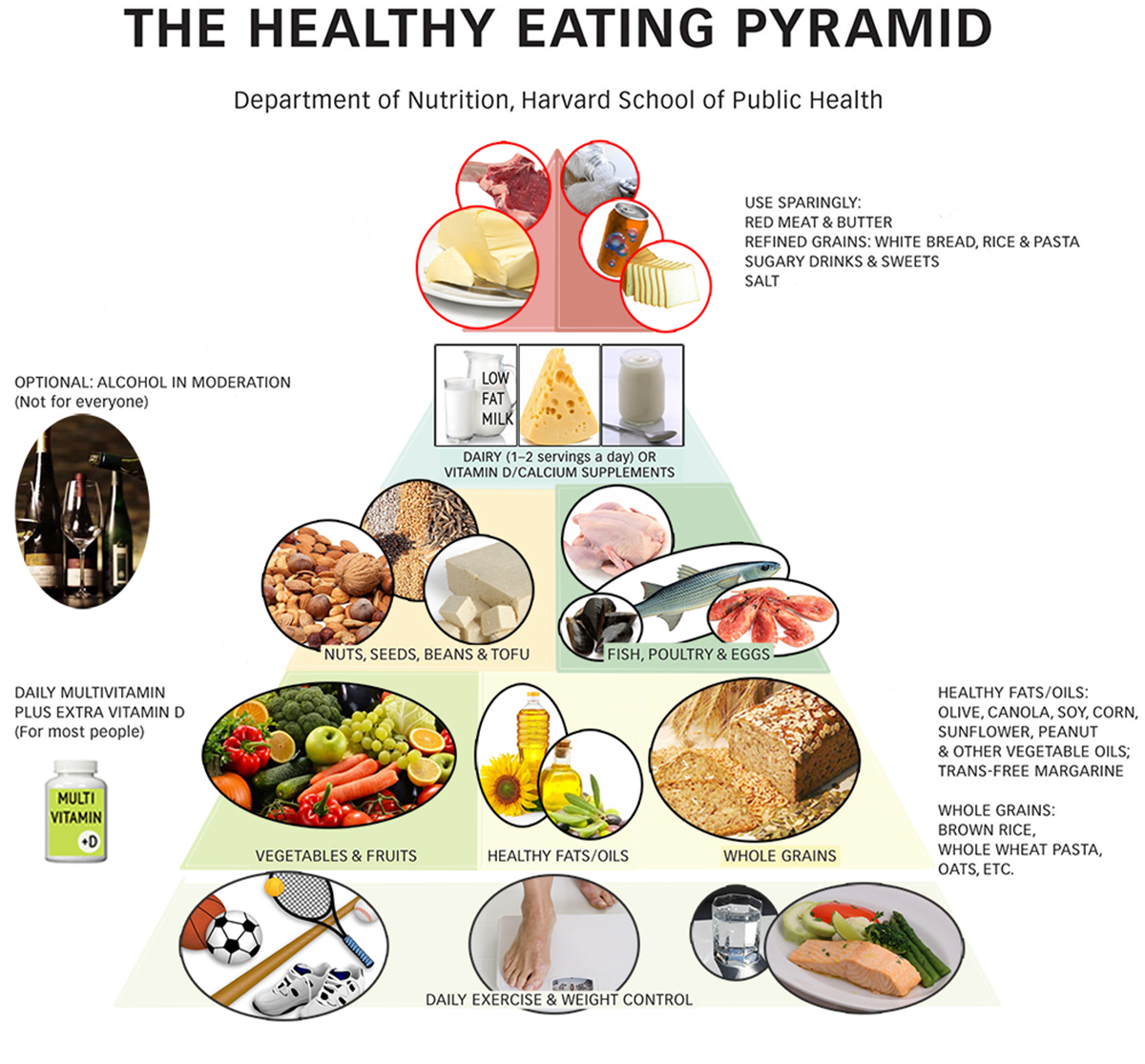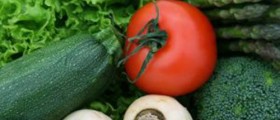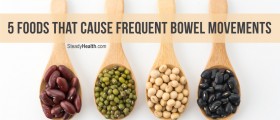
What is Healthy Eating?
Regular physical activities and healthy eating are very important to good health at any age, and especially at older age. Healthy eating and diet lower your risk for cancer, heart disease, obesity, type 2 diabetes and other diseases.
Healthy eating begins with learning how to eat smart; it’s not just what you eat, but how you eat. Your good food choices can reduce your risk of illnesses such as diabetes, cancer and heart disease, as well as defend against depression.
Healthy Eating Plan Tips
Chew your food slowly and take time to chew your food and enjoy mealtimes. We tend to rush though our meals, forgetting to actually taste and feel what is in our mouths. Reinvent the joy of eating.
Main thing for any healthy diet is moderation. Despite what certain fad diets would have you believe, we all need a balance of protein, fiber, carbohydrates, vitamins, fat, and minerals to sustain a healthy body. When you ban certain food groups, it is natural to want those foods more, and if you are drawn towards salty, sweet or unhealthy foods, start by reducing portion sizes, and later you may find yourself craving them less.
Eat with others members of your household whenever possible. Eating with other people has various emotional and social benefits, especially for children, and allows you to adapt healthy eating habits. Eating in front of the computer or TV often leads to overeating. Think smaller portions. At home, start small; use smaller plates, think about serving sizes-your serving of chicken, fish or meat, should be the size of a deck of cards. Healthy eating habits can be learned and it is important to slow down and think about food as nourishment rather than just something to enjoy.
Always eat breakfast, and try to eat smaller meals throughout the day; eating healthy and small meals through the day rather than the standard three large meals keeps your energy up.
Fruits and vegetables are must in any healthy diet—they are low in calories and nutrient rich, which means they are full of minerals, fiber, vitamins and antioxidants. Fruits and vegetables should be part of every meal and your first choice for a snack, and the antioxidants and other nutrients in fruits and vegetables help protect against certain types of cancer and other diseases.
Some great choices of vegetables are green vegetables, which are packed with magnesium, calcium, potassium, zinc, iron, vitamins C A, , E and K, and they help strengthen respiratory systems and the blood.
Fruits: A wide variety of fruit is also important to a healthy diet. Fruit provides vitamins, fiber and antioxidants. Oranges and mangos have vitamin C, berries are cancer-fighting, apples provide fiber, and so on.
Naturally sweet vegetables can add sweetness to your meals and reduce your cravings for other sweets, and they are carrots, onions, corn, beets, sweet potatoes and winter squash.
Try to choose healthy carbohydrates and fiber sources, especially whole grains. Whole grains are rich in antioxidants and phytochemicals, which help to protect against diabetes, coronary heart disease and certain types of cancers. You may include a variety of whole grains in your healthy diet, including millet, quinoa, whole wheat, barley or brown rice.
Try to avoid salt, processed foods, sugary drinks, breakfast cereals that are not whole grain and refined grains such as pastas or breads.

















Your thoughts on this
Loading...